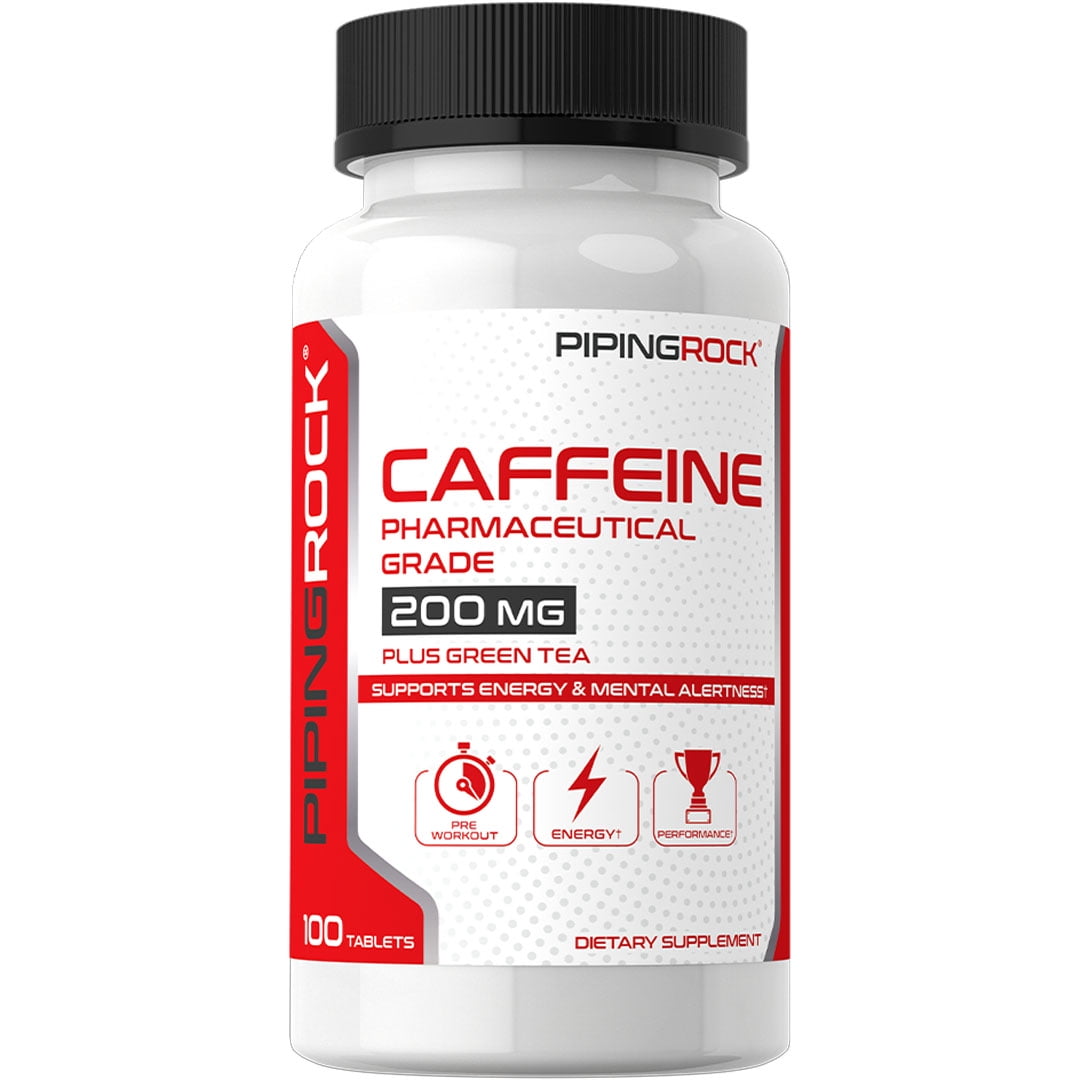Pre Workout With 100 Mg Caffeine

The world of fitness supplements is a multi-billion dollar industry, constantly evolving with new products promising enhanced performance. Among the most popular are pre-workout supplements, designed to boost energy and focus before exercise. However, a critical ingredient in many of these formulations, caffeine, is now under increased scrutiny, particularly at lower doses like 100mg. Is this a sweet spot for performance enhancement, or a potentially misleading compromise?
This article delves into the science behind pre-workout supplements containing 100mg of caffeine. We'll examine its efficacy, potential risks, and how it compares to both higher and caffeine-free alternatives. The goal is to provide readers with a comprehensive understanding to make informed decisions about their pre-workout choices, drawing upon scientific studies, expert opinions, and regulatory guidelines.
Understanding Caffeine's Role
Caffeine is a stimulant that affects the central nervous system. It works by blocking adenosine, a neurotransmitter that promotes relaxation and sleepiness, leading to increased alertness and reduced perception of fatigue.
In the context of exercise, caffeine can enhance performance in several ways. These benefits includes increased endurance, improved power output, and sharpened focus, according to research published in the Journal of the International Society of Sports Nutrition.
The 100mg Caffeine Threshold
The 100mg caffeine dose is often marketed as a "moderate" amount, appealing to those sensitive to higher doses or new to pre-workout supplements. But, is it effective?
Studies suggest that even low doses of caffeine can provide benefits. A meta-analysis in Sports Medicine found that caffeine doses ranging from 3-6 mg/kg of body weight were effective for enhancing performance. For a 68 kg (150 lb) individual, this translates to approximately 204-408mg of caffeine, suggesting 100mg might be on the lower end of the effective range.
However, individual responses to caffeine vary widely. Factors such as body weight, caffeine tolerance, genetics, and even the time of day can influence its effects.
Benefits of 100mg Caffeine Pre-Workout
One of the primary benefits of a lower caffeine dose is reduced risk of side effects. These side effects can include anxiety, jitters, insomnia, and gastrointestinal distress, which are more common with higher doses.
For individuals sensitive to caffeine, 100mg may provide a gentle energy boost without these negative consequences. It can be a good starting point for assessing tolerance and gradually increasing dosage if needed.
Furthermore, a lower dose may be suitable for workouts later in the day. It minimizes the risk of disrupting sleep patterns compared to pre-workouts with higher caffeine content.
Potential Drawbacks and Considerations
While 100mg of caffeine may offer some benefits, it might not be sufficient for everyone. Some individuals may require a higher dose to experience significant performance enhancements.
The placebo effect is also a factor to consider. Consumers may perceive a boost simply because they believe the supplement will work, regardless of the actual caffeine content.
Moreover, the effectiveness of a pre-workout depends not only on caffeine but also on other ingredients. Many pre-workouts contain other performance-enhancing compounds such as creatine, beta-alanine, and amino acids.
Expert Opinions and Regulatory Landscape
Experts in sports nutrition generally agree that caffeine can be a valuable tool for athletes and fitness enthusiasts when used responsibly. Dr. Marie Spano, a registered dietitian and sports nutritionist, emphasizes the importance of individualizing caffeine intake based on tolerance and goals.
"There's no one-size-fits-all approach to caffeine," says Dr. Spano. "Some people are highly sensitive and can benefit from even small doses, while others require much more to feel an effect."
Regulatory agencies like the Food and Drug Administration (FDA) do not specifically regulate the caffeine content of pre-workout supplements. However, they do require accurate labeling of ingredients, allowing consumers to make informed choices.
Alternatives and Complementary Strategies
For those seeking to avoid caffeine altogether, there are caffeine-free pre-workout options available. These often contain ingredients like beetroot extract, citrulline malate, and B vitamins.
These ingredients are designed to promote vasodilation, enhance blood flow, and support energy production without the stimulating effects of caffeine.
Additionally, lifestyle factors such as proper hydration, adequate sleep, and a balanced diet play a crucial role in energy levels and exercise performance. Relying solely on pre-workout supplements without addressing these foundational elements may not yield optimal results.
The Future of Pre-Workout Supplementation
The trend in pre-workout supplementation is moving towards more personalized approaches. Companies are increasingly offering products with customizable ingredient profiles to cater to individual needs and preferences.
Advanced formulations may incorporate ingredients that target specific aspects of performance, such as cognitive function, muscle recovery, or stress management.
Ultimately, the choice of whether to use a pre-workout with 100mg of caffeine depends on individual factors. Evaluating personal tolerance, considering workout goals, and consulting with a healthcare professional or registered dietitian are crucial steps in making an informed decision. As research continues to evolve, consumers will have access to even more information to optimize their pre-workout strategies and achieve their fitness aspirations.

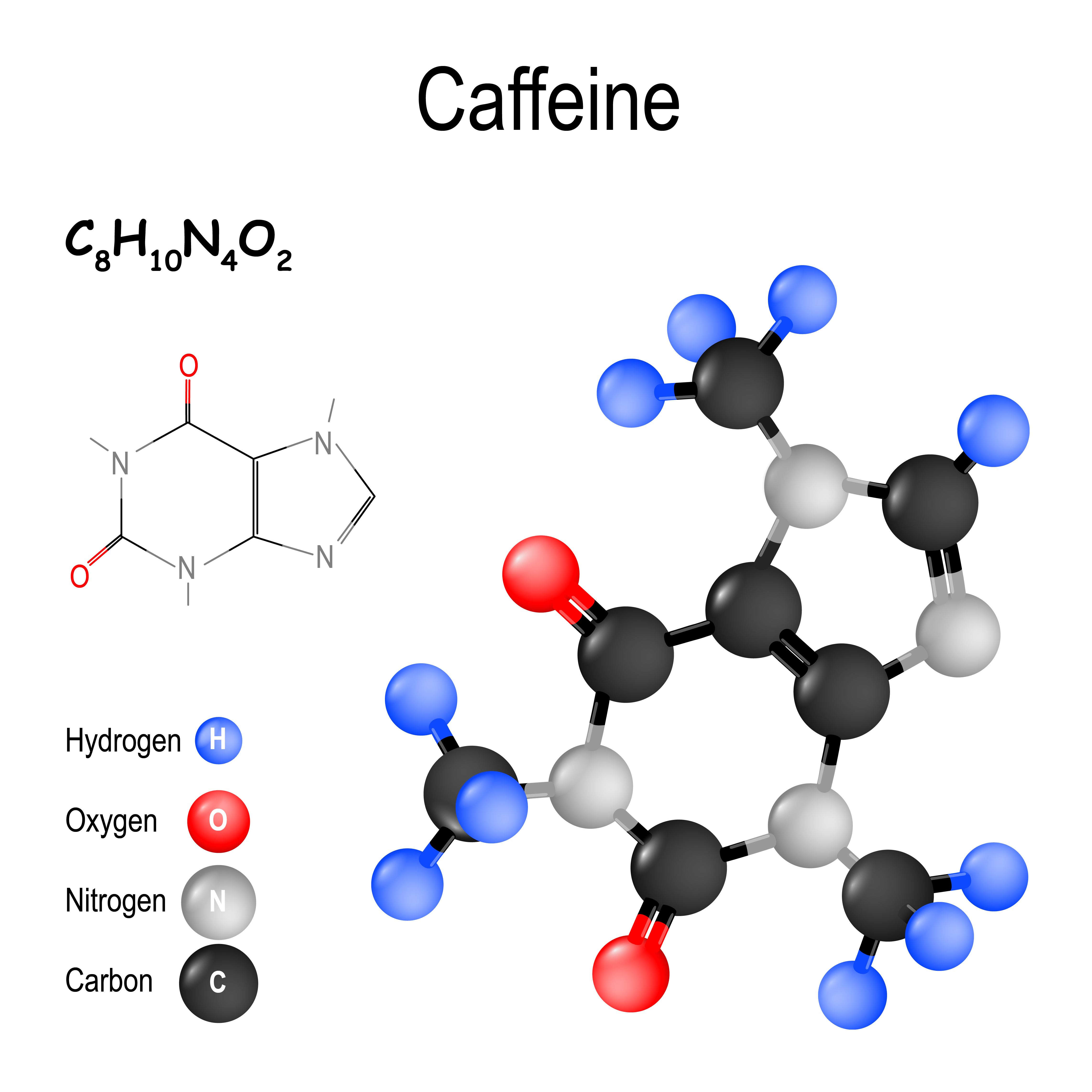

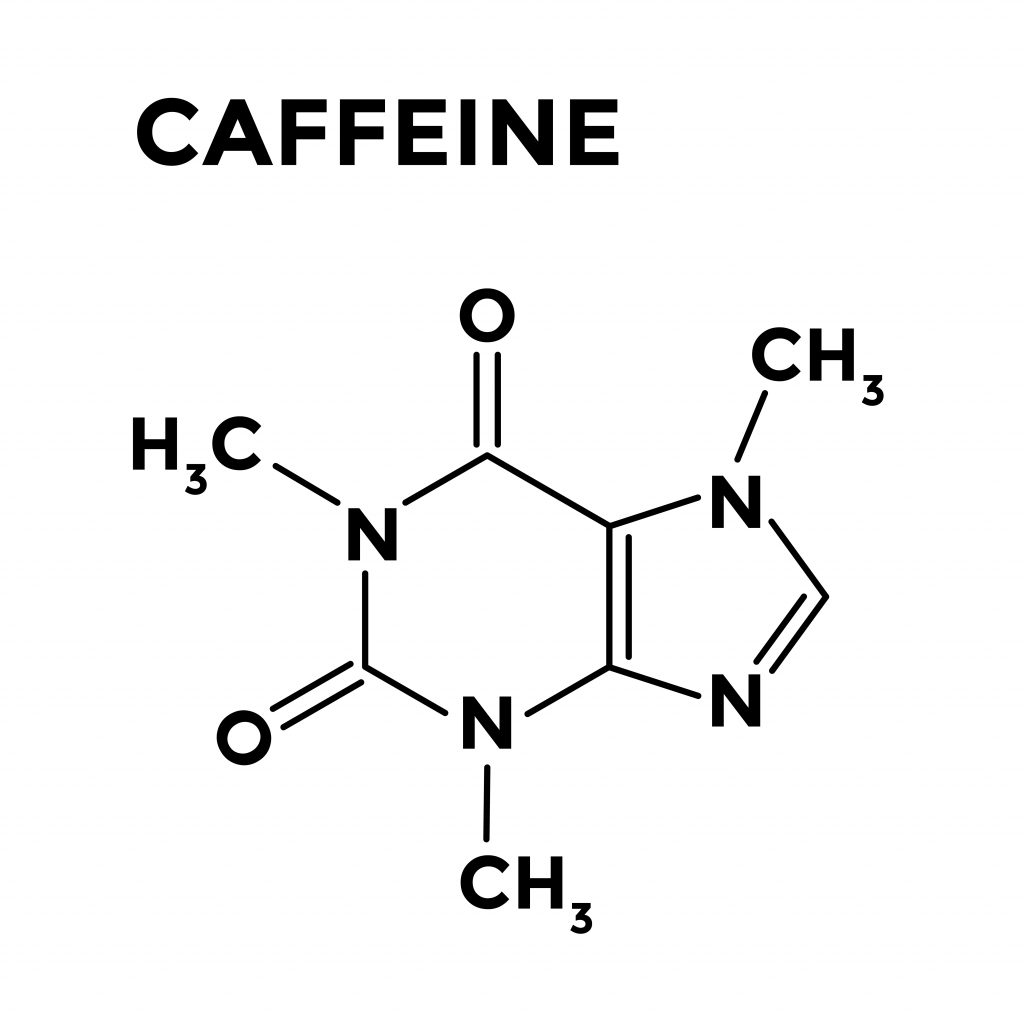
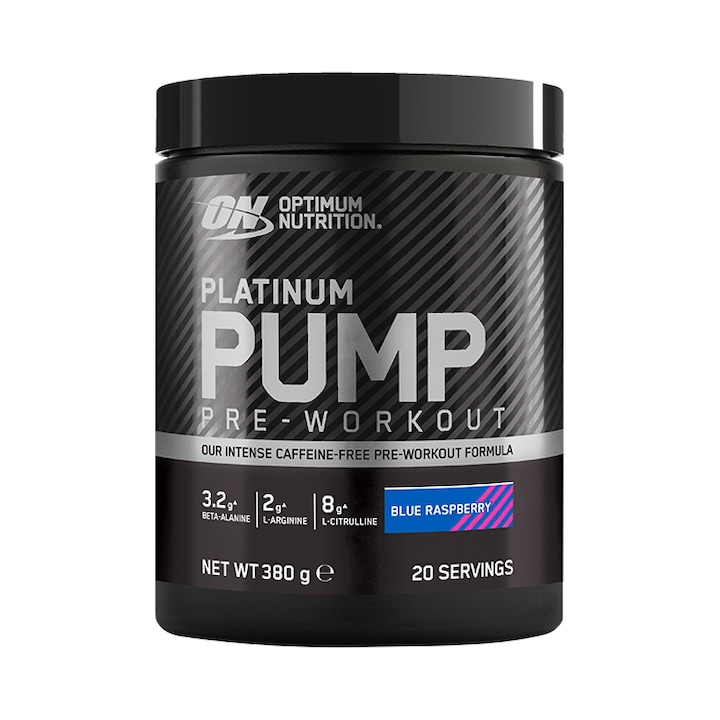
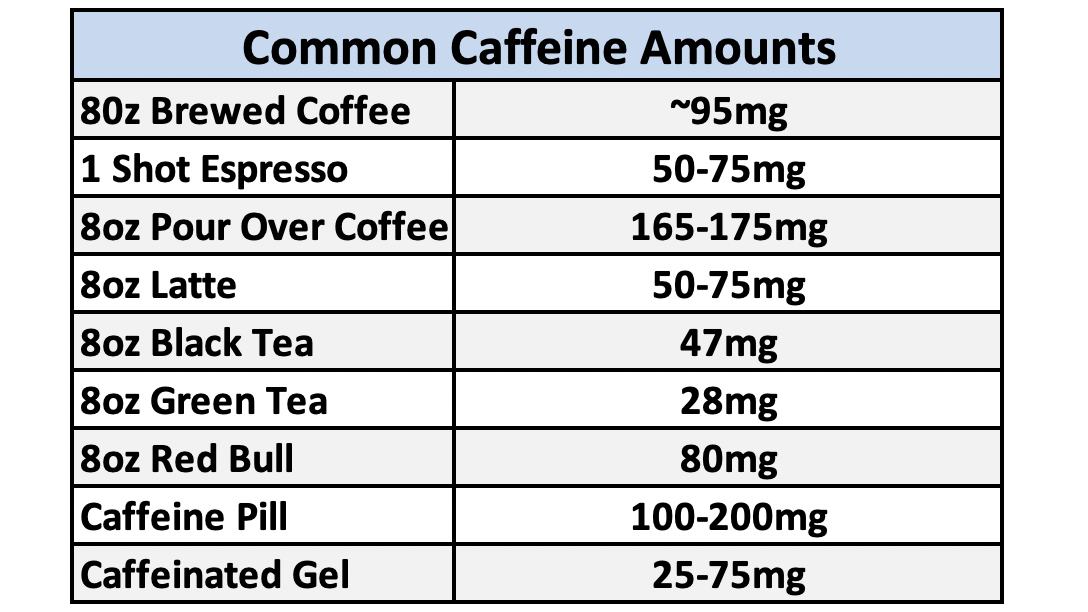
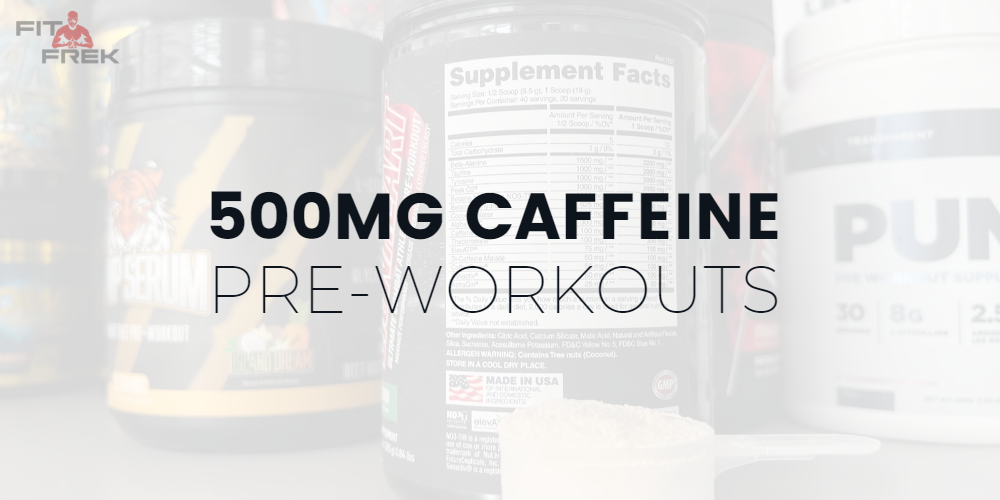
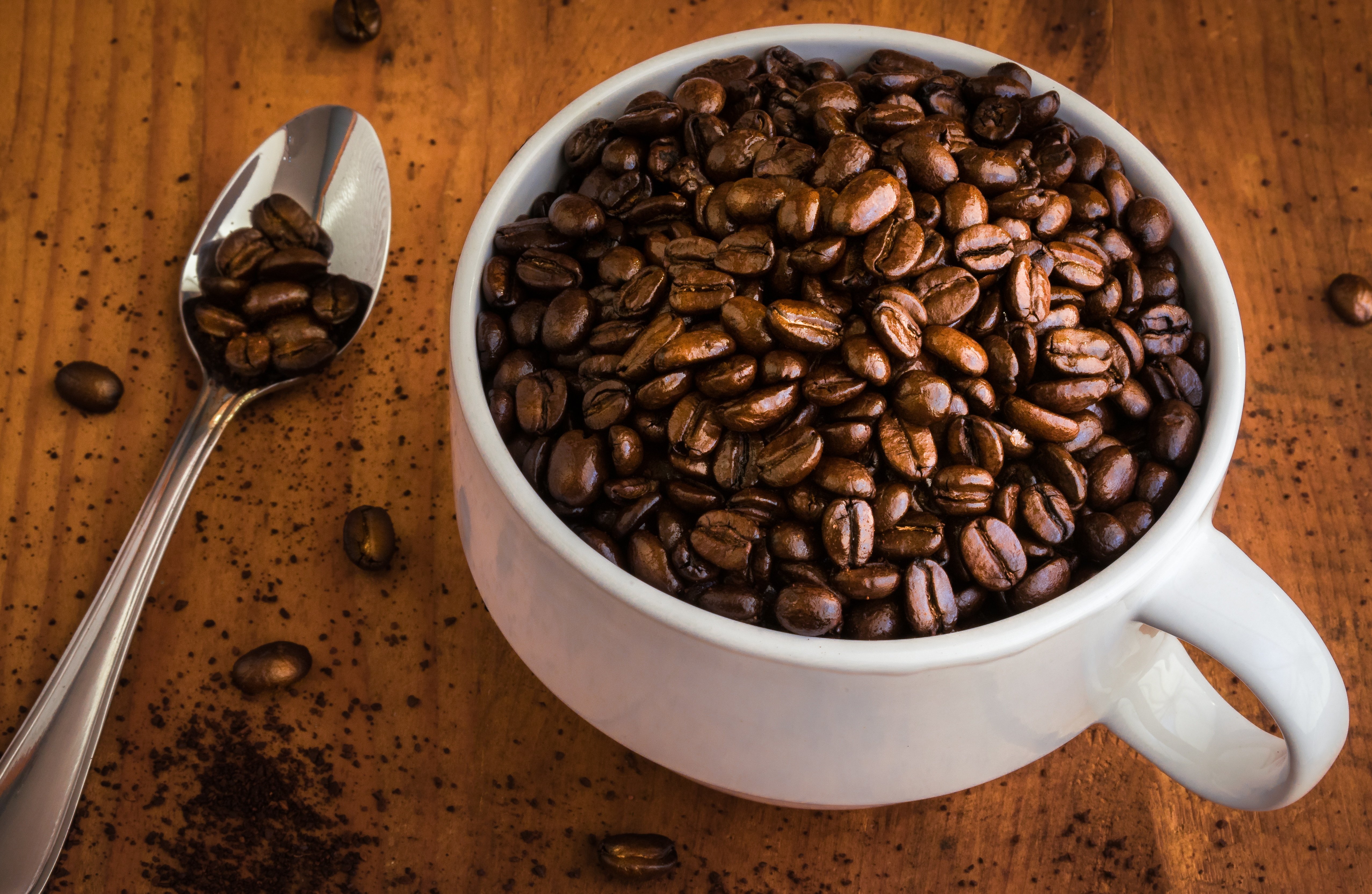
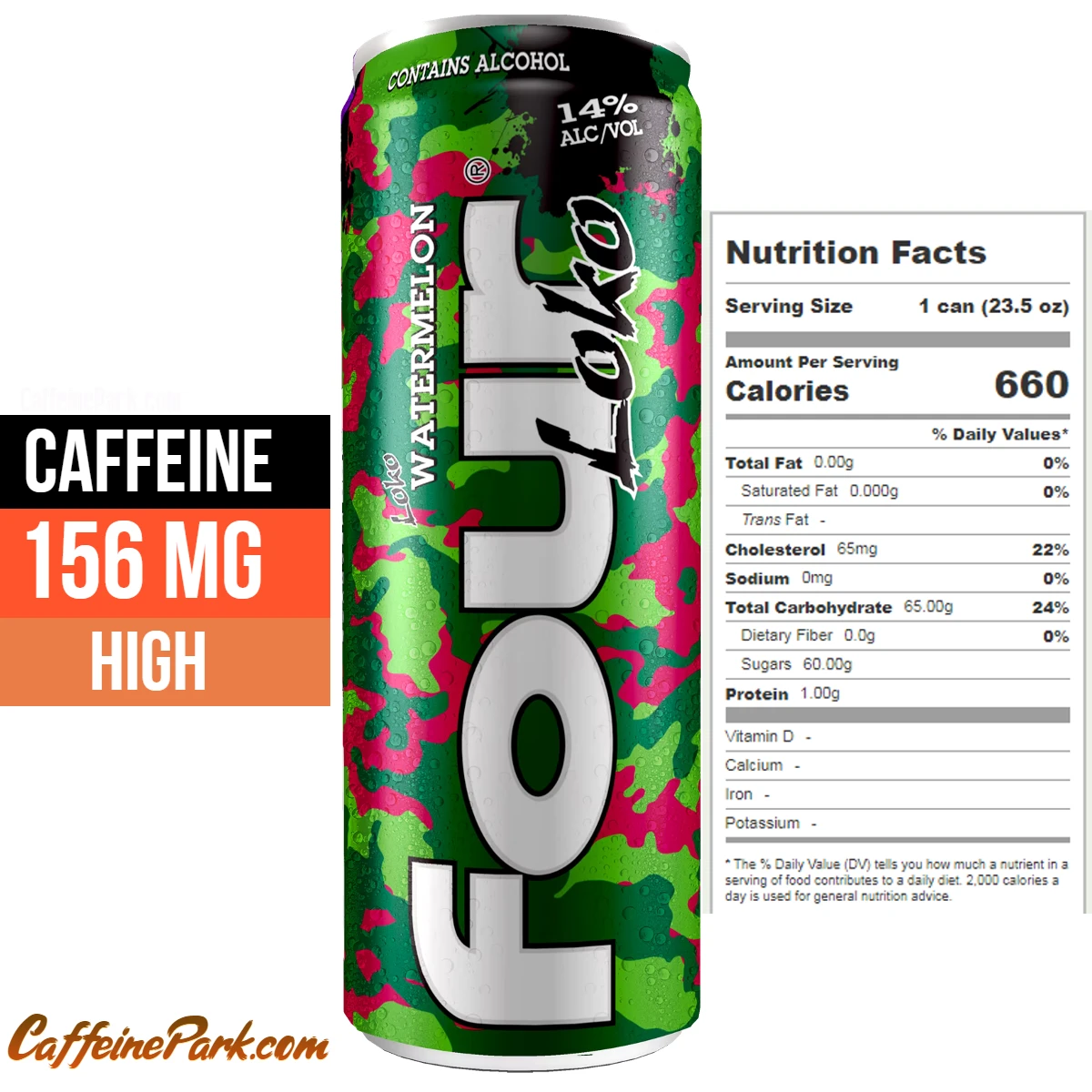
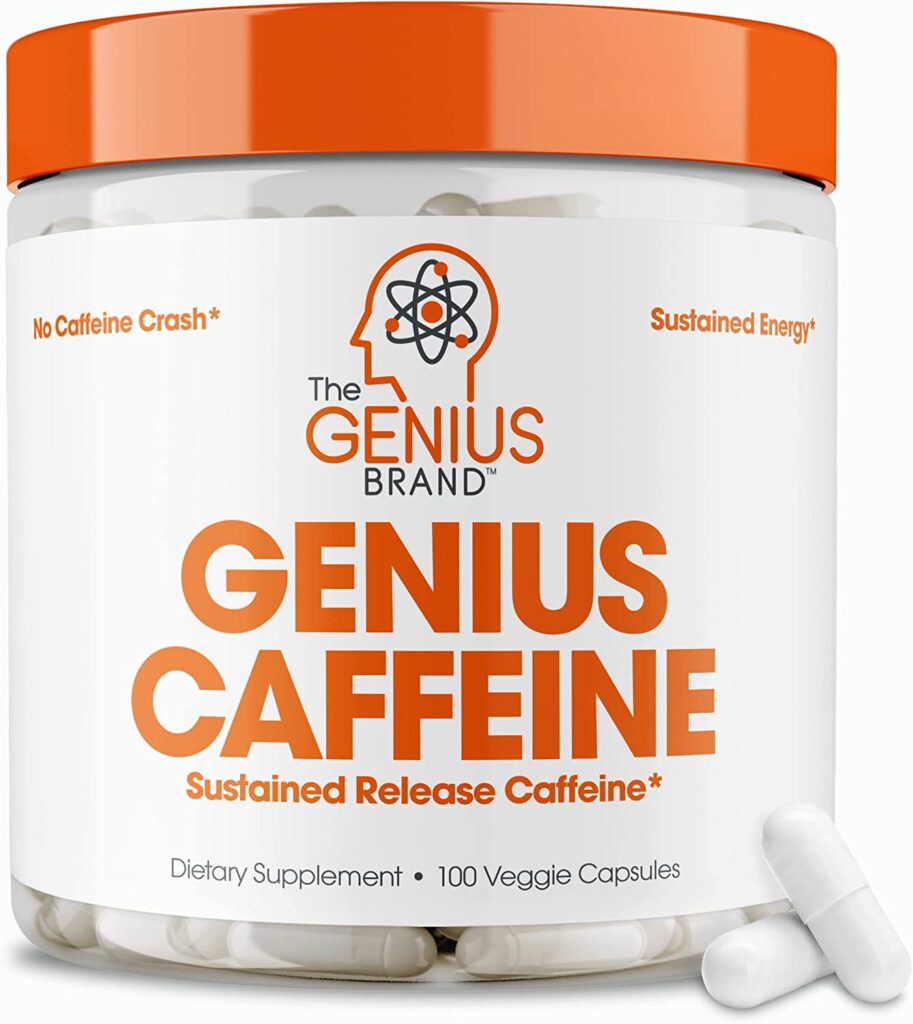
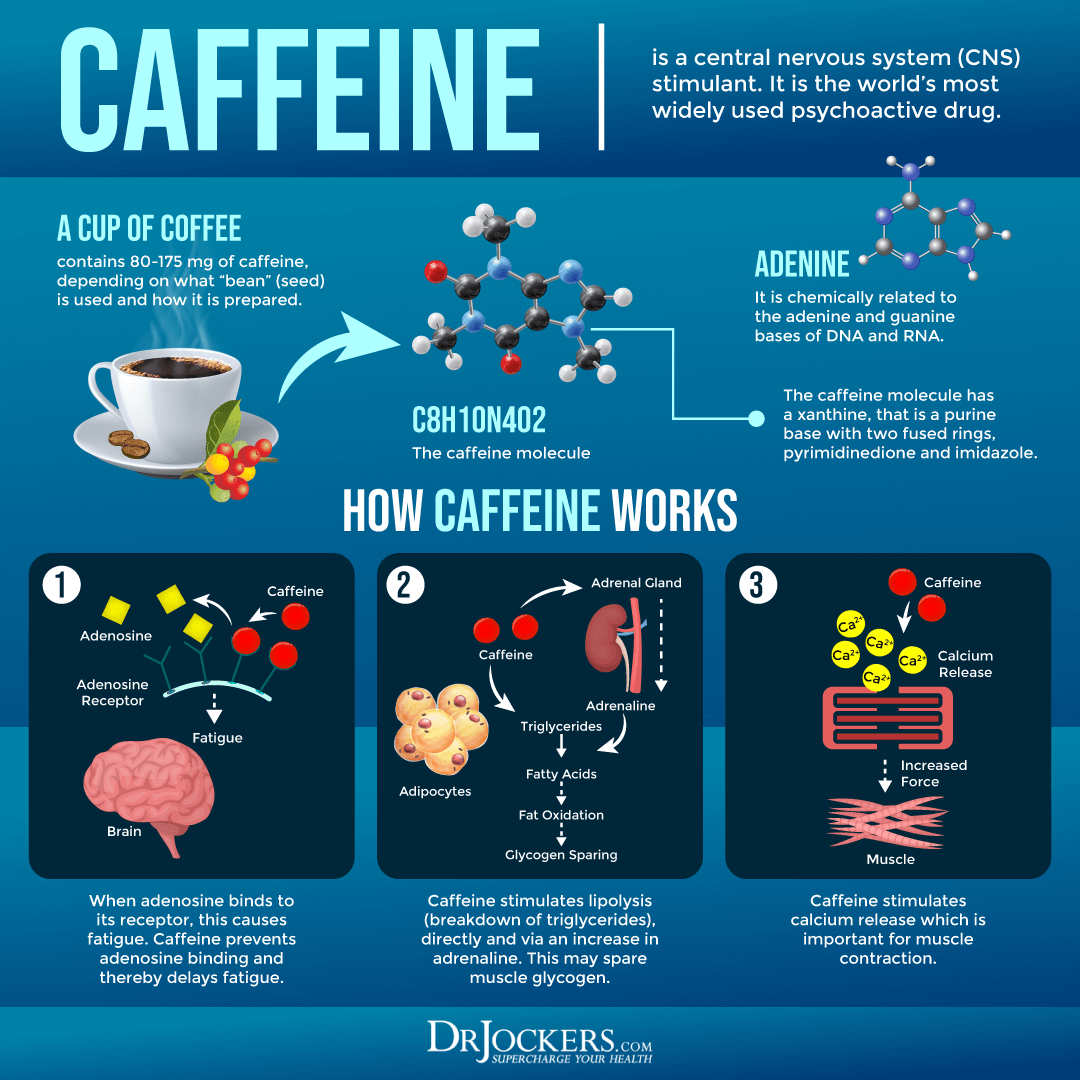
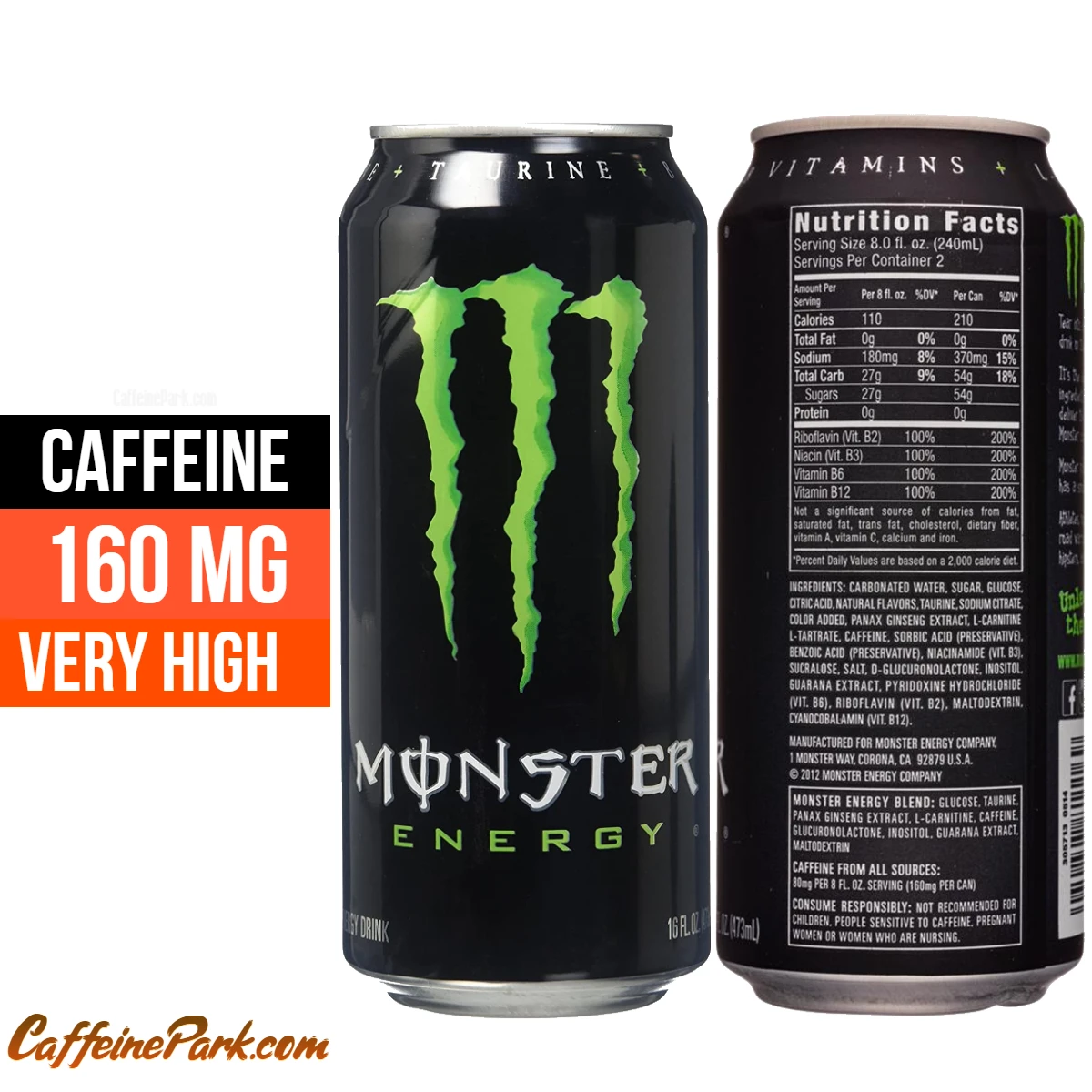
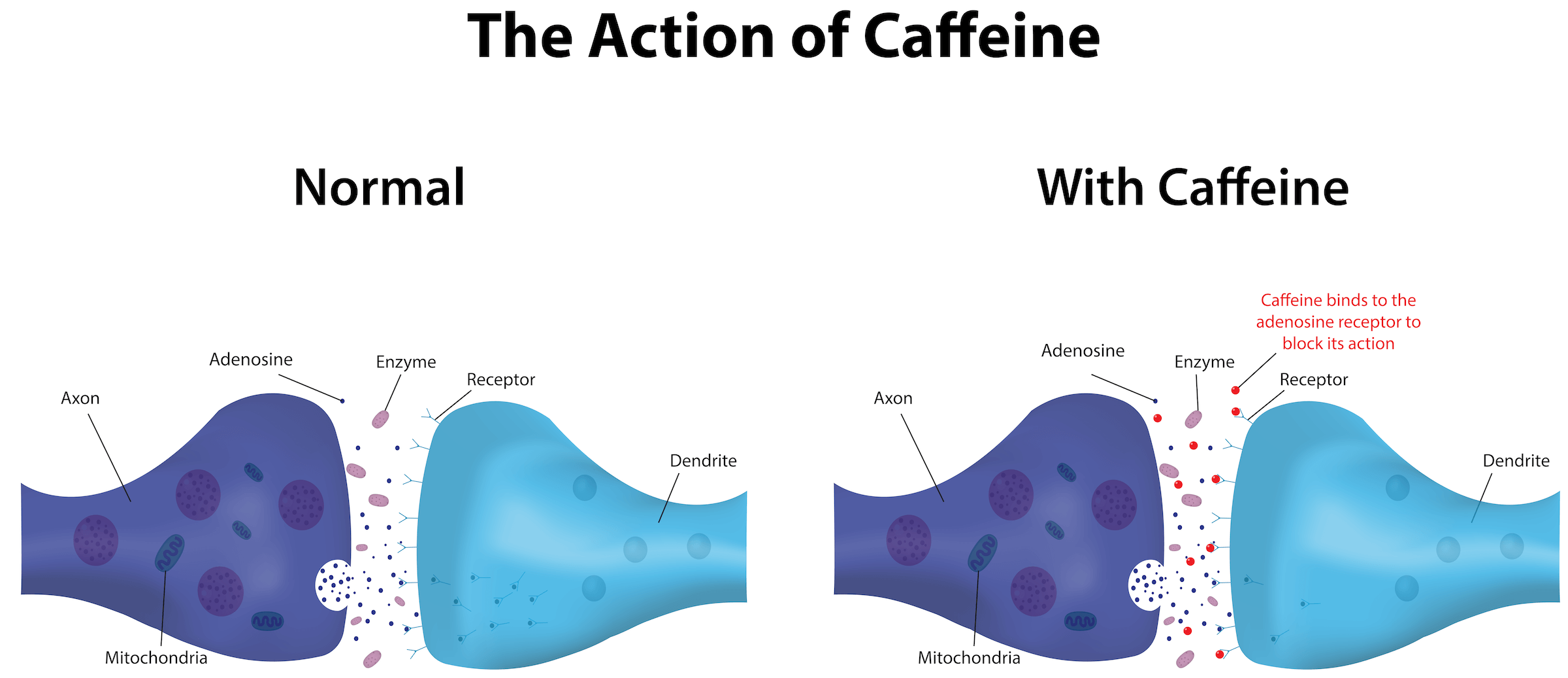
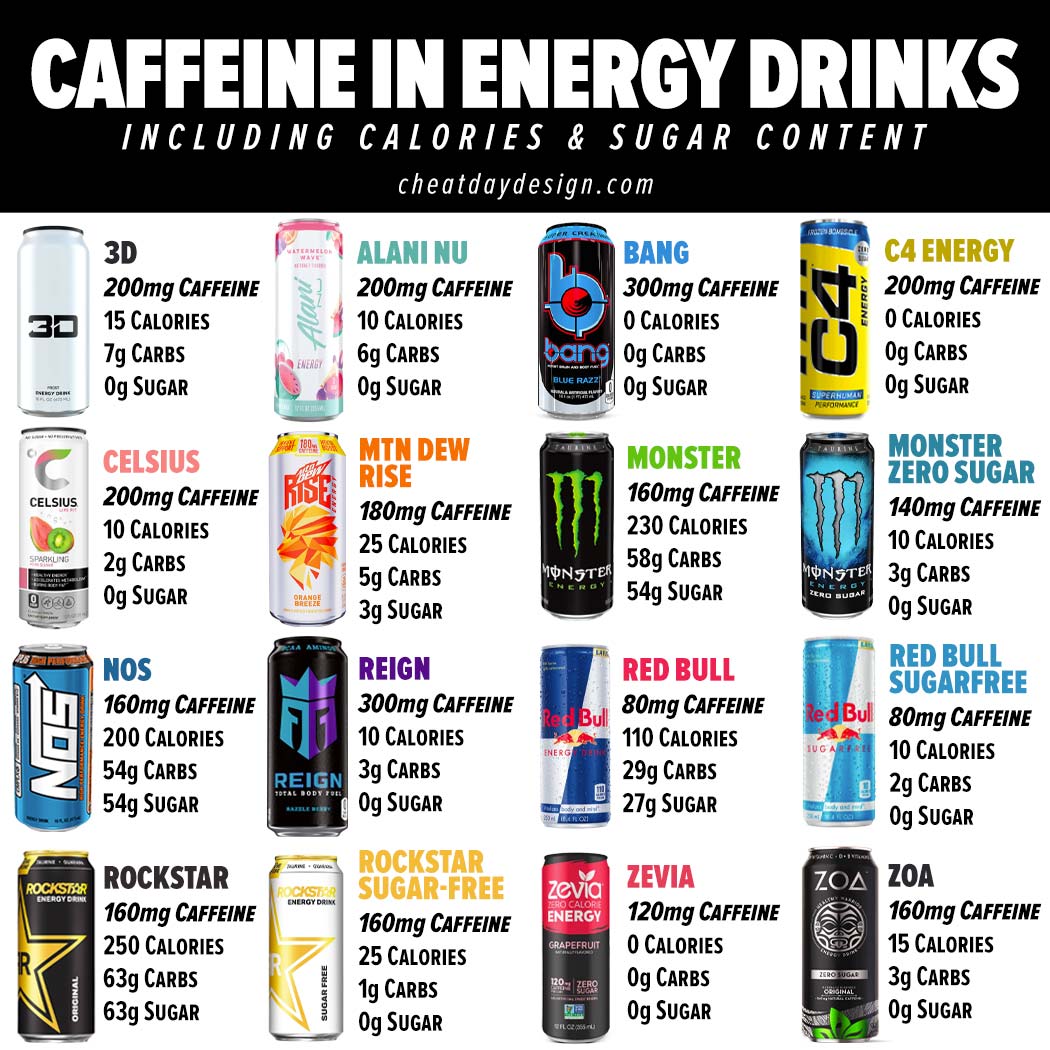
:max_bytes(150000):strip_icc()/Health-Lines-Caffeine-Sources-green-horiz-edit-4-32b42be237b84827bf205f003cd0a8dc.jpg)

